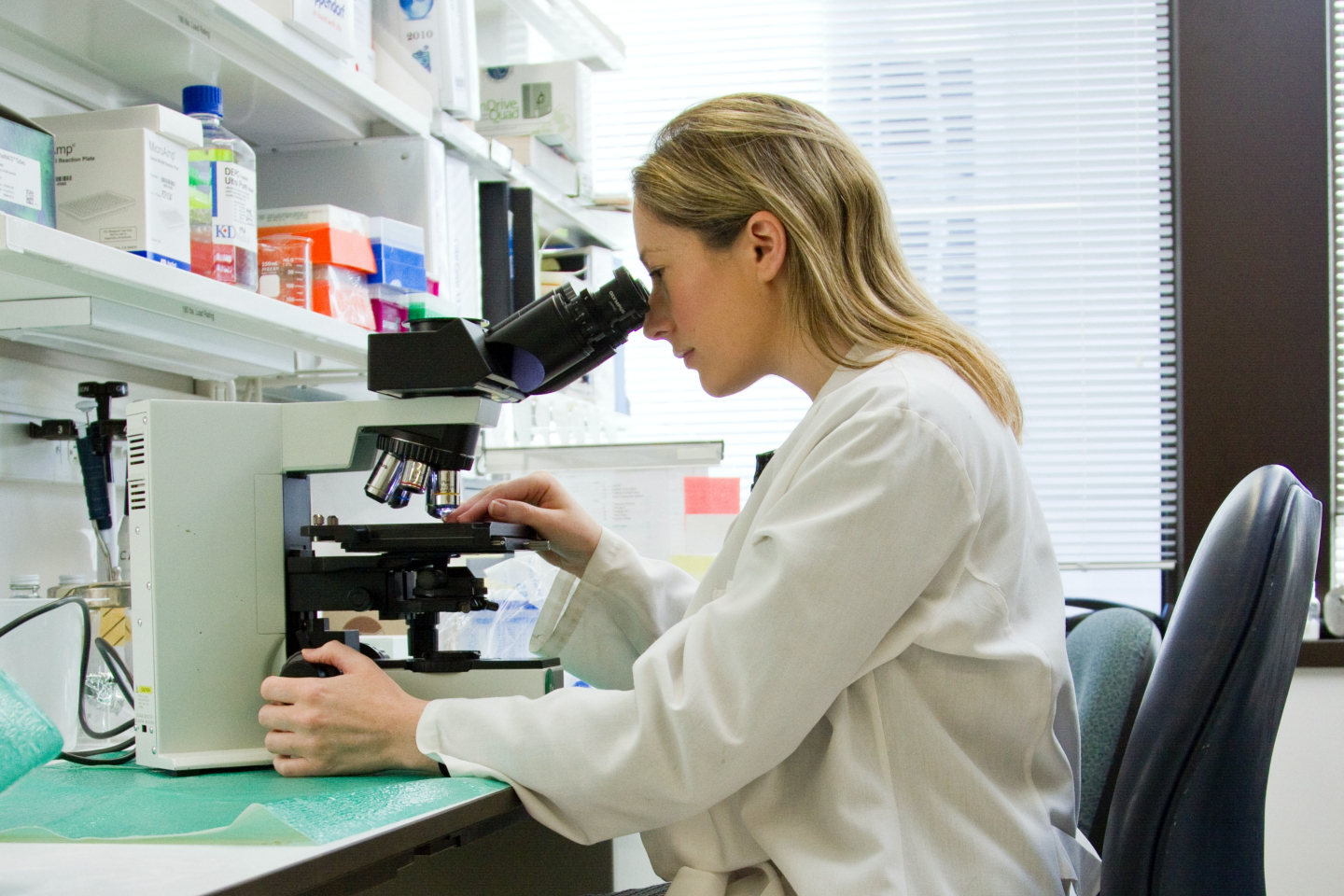The Human Research Ethics Committee has given Radiopharm Theranostics its stamp of approval to begin first-in-human phase-one dose escalation trials in Australia on patients living with non-small cell lung cancer. The company says the vital approval will allow it to pursue greater hope for patients dealing with a devastating condition that currently has a “poor prognosis” in terms of life expectancy.


The Human Research Ethics Committee (HREC) has given Radiopharm Theranostics its stamp of approval to begin first-in-human phase-one dose escalation trials in Australia on patients living with non-small cell lung cancer (NSCLC).
The company says the vital approval will allow it to pursue greater hope for patients dealing with a devastating condition that currently has a “poor prognosis” in terms of life expectancy. The HREC’s role is to review research proposals involving human participants to ensure they are ethically acceptable.
NSCLC is regarded as any form of epithelial lung cancer other than small cell lung cancer (SCLC). The most common types of NSCLC are squamous cell carcinoma, large cell carcinoma and adenocarcinoma, but there are several other types that occur less frequently and all types can occur in unusual tissue variants.
Radiopharm’s dose escalation trial of its “RAD204” treatment targets NSCLC in patients who have shown to be PDL1 (programmed death ligand 1)-positive. Those patients are deemed more likely to be able to respond to the type of treatment being developed by Radiopharm.
The trial is being run to evaluate the safety and efficacy of the company’s new radiotherapeutic treatment in eligible individuals with lung cancer. It will be conducted at Brisbane’s Princess Alexandra Hospital and will be supported by leading oncology care provider, GenesisCare.
The technology underpinning the trial is Radiopharm’s proprietary nanobody from its “NanoMab” platform, which targets the PDL1 expression in NSCLC – the most common type of lung cancer. The company says it is an area of extreme need and its proposed treatment has the potential to be “first-in-class” for the particular style of radiopharmaceutical therapy targeting PDL1.
Radiopharm Theranostics chief executive officer and managing director Riccardo Canevari, said: “We’re very pleased to receive the necessary approval that allows us to get this therapeutic study underway. NSCLC carries a poor prognosis for patients currently and we’re striving to make a difference on that front, with excellent support being provided by our partners at GenesisCare Contract Research Organization.”
The company revealed in August it had expanded its agreement with TerThera to supply it with terbium-161 (Tb-161), a radioactive isotope which will be linked with a proprietary monoclonal antibody to form the company’s RAD402 product. It says terbium-161 is a highly promising isotope for targeted cancer treatment due to its unique characteristics of radiation emitted, which includes both auger electrons and short-range beta particles.
Lung cancer is one of the main causes of cancer-related deaths worldwide. According to the American Cancer Society, the number of deaths from lung cancer is higher than the combined number of deaths caused by breast, colon and prostate cancers. NSCLC constitutes more than 80 per cent of all lung cancer cases.
In Australia, about 12,200 patients are diagnosed with lung cancer each year, making it the fifth most common in the nation. Globally, it is estimated there were more than 2.2 million cases of lung cancer in 2020, with NSCLC accounting for some 85 per cent of all lung cancer cases.
While early diagnosis and the use of targeted therapies have contributed to a slight improvement in prognosis for patients, even in advanced stages of the disease, the latest methods of immunotherapy also have the potential to add further positive momentum.
Radiopharmaceutical technology uses safe radioactive drugs that are typically used as diagnostic or therapeutic tools. In therapeutic applications, patients are given a small amount of a safe radioactive medication by intravenous injection, allowing a high degree of targeting precision to deliver a radioactive payload directly to a cancerous tumor.
The trial is expected to start soon.
Is your ASX-listed company doing something interesting? Contact: matt.birney@businessnews.com.au












